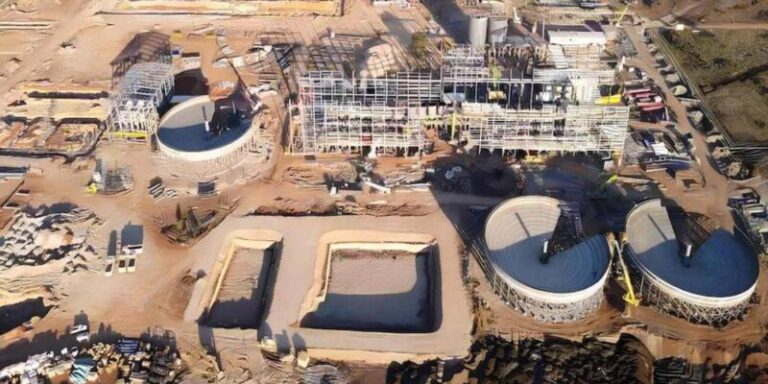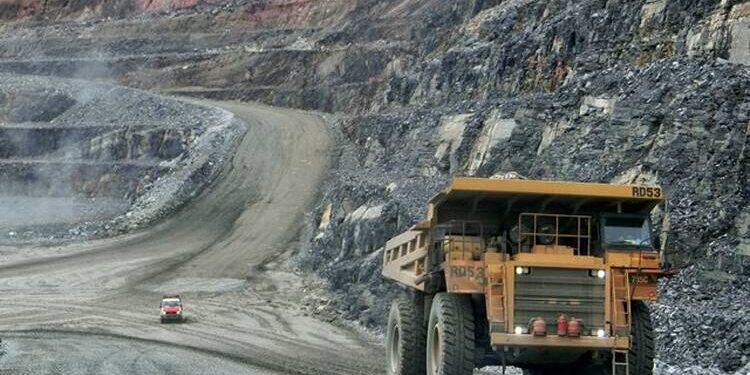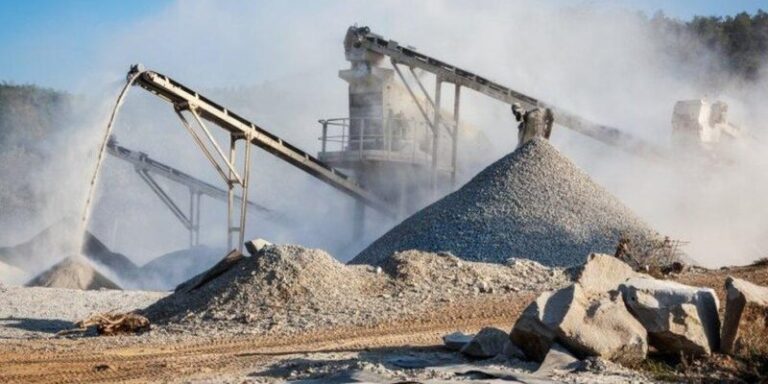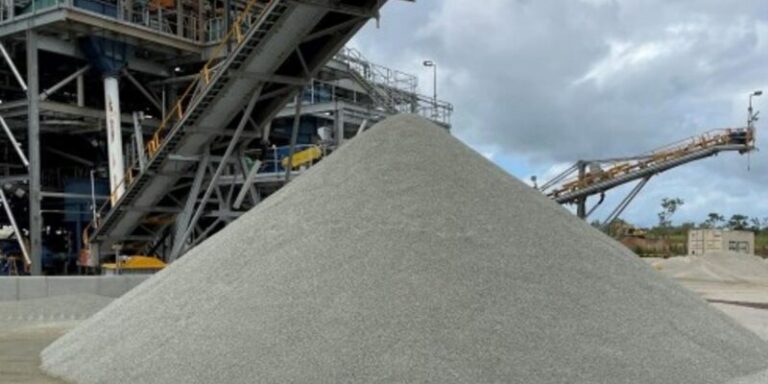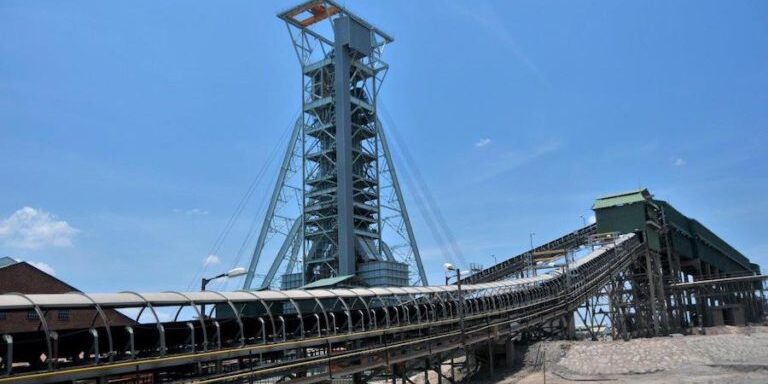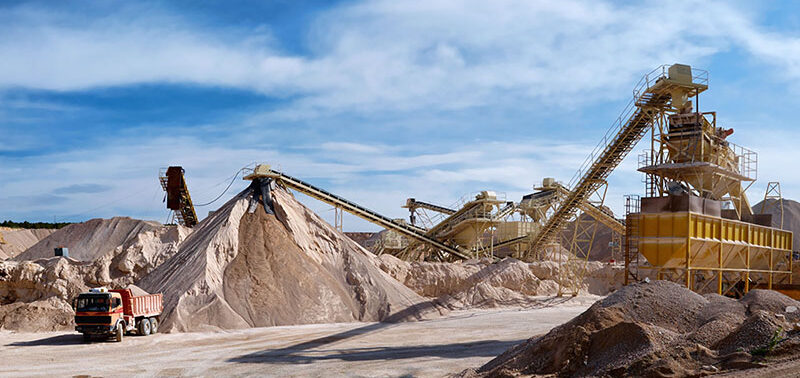
The global demand for minerals and metals continues to rise with the growth of industries such as construction, electronics, and renewable energy.
However, the environmental and social impacts of traditional mining practices have raised concerns about the long-term viability of such operations.
In response, the mining industry is undergoing a transformative shift towards sustainable mining practices that prioritize environmental stewardship, community engagement, and responsible resource extraction.
Defining Sustainable Mining
Sustainable mining, also known as responsible mining or green mining, refers to the extraction of minerals and metals while minimizing negative environmental and social impacts and ensuring the well-being of local communities.
This approach recognizes the finite nature of Earth’s resources and aims to balance economic prosperity with environmental conservation and social equity.
Key Principles of Sustainable Mining
- Environmental Protection: Sustainable mining practices prioritize minimizing the impact on ecosystems, air, water, and soil quality. This involves implementing measures to prevent and mitigate air and water pollution, habitat destruction, and deforestation. Techniques like reforestation, habitat restoration, and water treatment systems help in conserving natural resources.
- Resource Efficiency: Modern mining practices focus on optimizing resource extraction through efficient technologies and processes. This includes reducing waste generation, improving energy efficiency, and minimizing the overall carbon footprint of mining operations.
- Community Engagement and Social Responsibility: Engaging with local communities and respecting their rights is a crucial aspect of sustainable mining. Mining companies are working to create positive relationships by offering fair compensation, investing in community development projects, and addressing health and safety concerns.
- Transparency and Ethical Practices: Transparency in reporting and ethical business practices are vital components of sustainable mining. Companies are expected to disclose their environmental and social performance, adhere to human rights standards, and ensure fair labor practices throughout their supply chains.
Innovative Technologies in Sustainable Mining
- Smart Mining: Smart mining integrates advanced technologies like Internet of Things (IoT), data analytics, and automation to optimize mining operations. This leads to improved resource efficiency, reduced energy consumption, and enhanced worker safety.
- Clean Energy Integration: The adoption of renewable energy sources such as solar, wind, and hydropower helps reduce the carbon footprint of mining activities. Innovative solutions like microgrids and energy storage systems enable mining operations to operate off-grid or with minimal reliance on fossil fuels.
- Advanced Exploration Techniques: Sustainable mining begins with responsible exploration. Cutting-edge geophysical and geochemical methods help identify mineral deposits accurately, minimizing the need for extensive drilling and excavation.
- Circular Economy Practices: The concept of a circular economy is gaining traction in the mining sector. This approach aims to reduce waste by reusing, recycling, and repurposing materials, extending the life cycle of products and reducing the demand for virgin resources.
Challenges and Future Outlook
Despite significant progress, sustainable mining still faces challenges such as regulatory complexities, high initial investment costs for green technologies, and the need for specialized workforce training. However, the momentum toward sustainable practices is undeniable, driven by increased awareness among stakeholders, changing investor preferences, and evolving regulatory frameworks.
As the world transitions to a more sustainable future, the mining industry’s commitment to responsible practices will play a pivotal role in conserving natural resources, protecting ecosystems, and fostering equitable socio-economic development.
By embracing innovation, transparency, and collaboration, sustainable mining can lead the way in showing that economic growth and environmental stewardship are not mutually exclusive.
Sustainable mining practices are steering the industry toward a more environmentally responsible and socially conscious future.
By prioritizing environmental protection, community engagement, resource efficiency, and technological innovation, the mining sector is proving that it can contribute to global development while minimizing its ecological footprint.
As these practices continue to evolve, they will serve as a blueprint for responsible resource extraction that benefits both present and future generations.


